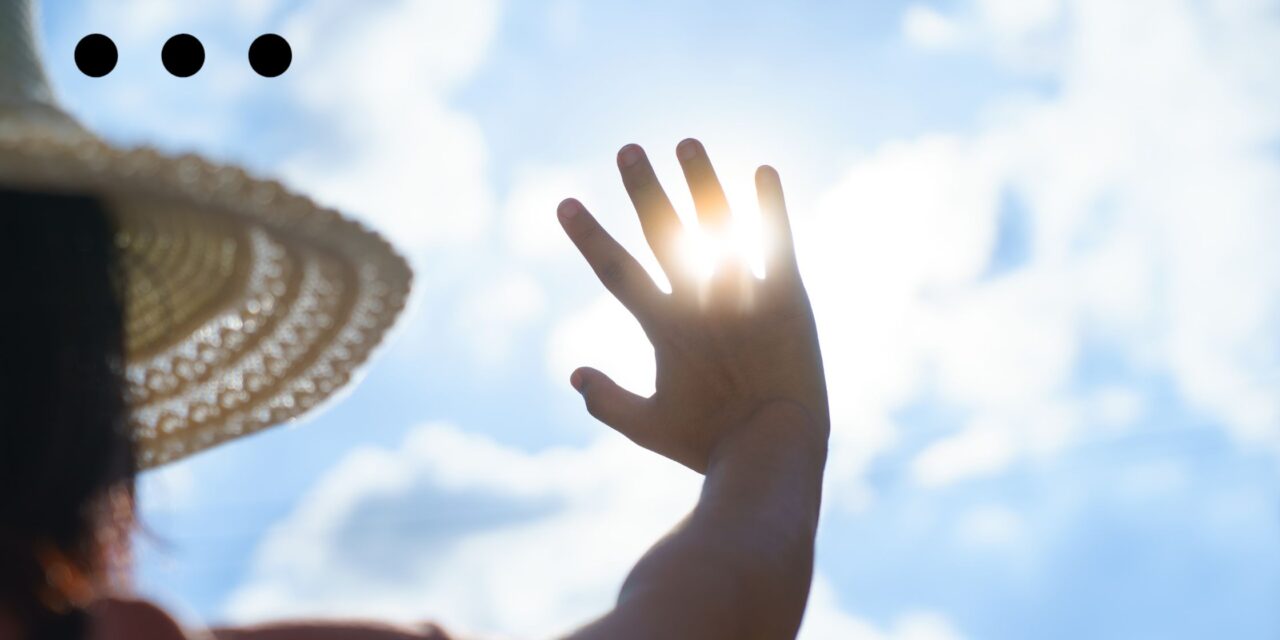Cities around the world are seeing heat records being shattered and the high temperatures have created dangerous conditions. Tires are melting on roads and, in some cases, the roads themselves are melting. Last year set a record for the number of deaths related to heat in the United States led by Arizona, Texas, and Nevada. It’s more important than ever to be vigilant about the risks of heat exposure and the dangers of heatstroke and alcohol
Why Mixing Sun and Alcohol is a Bad Idea
The symptoms of both heat stroke and alcohol intoxication can often overlap and exacerbate the other. They can also hide the symptoms of the other condition, making it difficult to recognize early warning signs until the illness is in severe stages.
Reason #1: Alcohol makes it hard to keep cool
Alcohol is a diuretic that makes you feel the need to urinate more often. In high temperatures, when the body is already rapidly losing liquid to try and keep you cool through sweating, frequent urination can quickly lead to dehydration.
Dehydration is a condition when the body does not have enough water to function properly. This compromises the body’s ability to sweat and cool itself down and can be a precursor to more serious heat-related illnesses like hyperthermia and heat stroke.
Reason #2: Intoxication can hide signs of dehydration
The effects of alcohol on dehydration are dangerous. Many of the signs of dehydration are similar to those of being drunk: dizziness, dry mouth, confusion, loss of coordination, and nausea. This increases the odds that the early stages of mild dehydration which could quickly be remedied with drinking some water, go unrecognized and untreated, and end up progressing to more serious levels.
Severe dehydration can be dangerous all its own, potentially resulting in complications such as kidney failure, seizures, or brain swelling.
Reason #3: Alcohol can mask the signs of heat stroke
Additionally, alcohol can dilate blood vessels, causing heat to be lost from the body’s core, leading to a false sense of coolness that masks the early warning signs of heat-related problems, like heat stroke.
Heat stroke is a very big deal. A severe and potentially life-threatening condition, it occurs when the body’s temperature regulation system fails, causing a rapid rise in core body temperature. This can happen when the body is exposed to high temperatures, especially when combined with physical exertion or dehydration. If left untreated, heat stroke can lead to organ damage, brain damage, and even death.
Symptoms can include:
- Elevated body temperature (typically above 104°F or 40°C)
- Confusion, disorientation, or slurred speech
- Rapid and strong pulse
- Flushed, hot, and dry skin
- Nausea, vomiting, or diarrhea
- Headache, dizziness, or lightheadedness
- Seizures or loss of consciousness
Preventing the Dangers of Heat Stroke and Alcohol
Stay hydrated
Drink plenty of water or electrolyte-rich fluids. It’s typically advised that at the bare minimum drink 8-12 oz of water after each alcoholic beverage. Avoid caffeinated beverages which are also diuretics and can also contribute to dehydration.
Avoid strenuous outdoor activities during the hottest parts of the day
If day drinking is part of your plan, at the very least, try to limit your outdoor activities to cooler times of the day, such as early morning or evening. And when you are outside, opt for shaded areas so your body doesn’t have to try as hard to keep cool.
Wear loose, lightweight, and light-colored clothing
High temperatures already make it challenging for the body to wick away heat. Give it a boost by wearing clothes that allow sweat to evaporate rather than keeping it trapped against the body.
Light colors, like white, reflect the sun’s waves making it ideal for deflecting heat. By contrast, black and other dark colors absorb heat which can make you feel hotter. More important than the color of your clothing, however, is the fit and the material.
Opt for lightweight woven fabrics that hang loosely off the body and absorb water quickly like uncoated cotton, linen, nylon, and polyester.
Eat before drinking
Eating a full meal will slow alcohol absorption, thus slowing alcohol’s diuretic effects (the more you drink, the more of the chemical that signals your bladder to release is produced) and decreasing the risk of becoming dehydrated.
Stay safe this summer
Many people opt to keep themselves cool by grabbing something cold to drink. But not all things cold are beneficial. The type of beverage you reach for matters, and could potentially end up putting you in more danger. Alcohol can significantly impair the body’s ability to regulate temperature, making it more susceptible to heat-related illnesses.
Combining heat exposure and alcohol consumption can have devastating consequences and potentially be life-threatening. If you find that you’re unable to cut back despite dangerous drinking conditions, you might have a drinking problem. Get help for alcoholism from your local drug rehab center today.

